Escaping the shadows of a broken education system
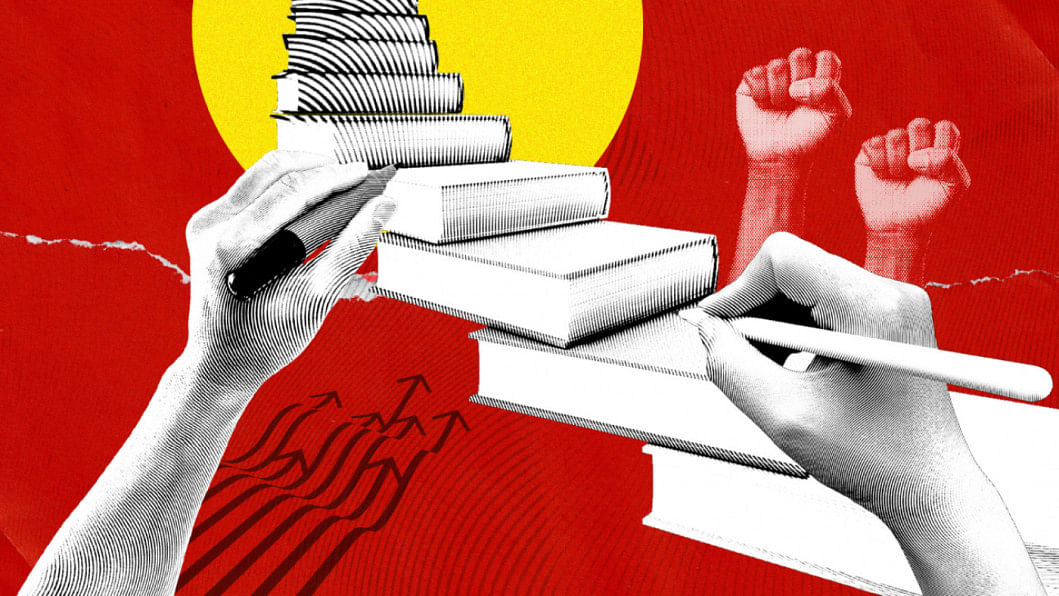
Of all the reforms that Bangladesh must undertake in this transitional moment of its history, none is more foundational—or more urgent—than education reform. For it is not roads, ports or policies that build a democracy; it is the people. And an educated people, one capable of reasoned thought and civic discernment, don't easily fall prey to the charms of authoritarianism. The previous regime knew this all too well. To manipulate curricula, politicise history, silence inquiry, and reward mediocrity was not mere negligence; it was strategy. A docile, underinformed populace is easier to rule, easier to deceive. The antidote to such decay is not only political change—it is intellectual renewal.
Bangladesh today stands at the threshold of a decisive transformation, its youthful population brimming with promise, and its future increasingly defined by a single question: what kind of education shall we offer the next generation?
For too long, our education system has remained trapped in a model better suited to a bygone era. A culture of rote memorisation, outdated textbooks, opaque assessments, and politicised curricula has left students ill-prepared for the world beyond the classroom. In a global age that rewards adaptability, creativity, and technical skill, we have been preparing our children to recite, not to reason.
The consequences are stark. Over 40 percent of our youth aged 15–24 years are classified as NEET (not in education, employment or training). Unemployment among university graduates remains stubbornly high, while technical and vocational training, long viewed as a secondary track, remains marginal in both policy and perception. In our collective failure to reform the education system, we have left too many young people behind.
This failure is not accidental. Over the past decade, the politicisation of education has undermined both content and credibility. Textbooks have become vehicles for ideological reinforcement rather than vessels for intellectual discovery. Even history, that sacred archive of a nation's soul, has been edited to serve political ends. Meanwhile, allegations of plagiarism in school materials and leaks of public examination papers have further eroded public trust.
Yet, we are not without a way forward.
A new policy vision—comprehensive in scope and pragmatic in its ambition—offers Bangladesh a rare opportunity to rebuild its education system from the ground up. It proposes a market-aligned, skills-focused curriculum that connects learning with life and education with employment. It calls for integrating project-based learning, critical thinking, digital literacy, and personal finance into the core curriculum—subjects considered extracurricular luxuries rather than essentials for too long.
To begin with, the reform must be grounded in equity. Rural schools, which continue to operate with insufficient infrastructure and undertrained staff, must be brought up to parity with their urban counterparts. Access to electricity, internet, and digital tools is no longer optional—it is foundational. Satellite learning platforms and mobile classrooms can help bridge geographic divides.
Teacher training, too, must be revisited. An ambitious retraining programme—with periodic recertification, international best practice modules, and incentives for performance—will be essential if we are to break the cycle of mediocrity. Teachers must be empowered not only to deliver content, but to inspire curiosity and foster independence of thought.
Early childhood education must receive special attention. It is in these formative years that children learn not only to read and count, but to empathise, reflect, and imagine. Ethical instruction—emphasising empathy, fairness, and integrity—should be woven into the curriculum. This is not a sentimental luxury; it is a national necessity in a society grappling with corruption and declining civic norms.
At the secondary and tertiary levels, vocational and technical education must be mainstreamed. In too many cases, students leave school with credentials but no skills. We must align education with industry demand, develop public-private training partnerships, and introduce programmes on entrepreneurship, innovation, and digital fluency. Recognition of Prior Learning (RPL) schemes, inspired by India's National Skill Development Corporation, could help validate the informal knowledge of millions who remain outside formal education channels.
One of the most compelling and under-acknowledged reforms needed is linguistic. Bangladesh must embrace multilingual education at the primary level—not only to preserve its own cultural diversity, but to prepare its children for global competition. English alone is no longer sufficient. Early exposure to multiple languages improves cognitive flexibility and opens the mind to the wider world. A multilingual child is a child prepared not merely to work in the world, but to lead in it.
To implement this vision, political will must be matched with financial commitment. Bangladesh currently spends just over one percent of its GDP on education—well below the regional average and far below the UNESCO-recommended four to six percent. Without increasing the education budget, talk of reform will remain just that: talk. Investing in libraries, labs, classrooms, and digital infrastructure is not just an economic imperative, but a moral one.
We must also move beyond the obsession with high-stakes examinations. Competency-based, continuous assessments offer a fairer and more holistic picture of student growth. At the same time, measures must be taken to secure the integrity of public assessments. Encrypted digital systems, randomised question banks, and independent oversight are essential to ending the cycle of question paper leaks and corruption.
Finally, education must be protected from political interference. Textbooks should be written and reviewed by independent scholars, not partisan appointees. History should be taught in its full complexity. To give students a curated version of the past is to rob them of their intellectual freedom in the present.
We can draw inspiration from beyond our borders. Finland's student-centred pedagogy, China's vocational-industrial alignment, and India's gender-focused training programmes offer rich lessons. But imitation is not enough. Reform must be adapted to our own social and economic realities. The goal is to create a generation of Bangladeshis who can think critically, compete globally, and contribute meaningfully to national development.
In the end, a nation's character is etched most clearly not on its monuments or manifestos, but on its blackboards. If we are to build a Bangladesh that is prosperous, just, and confident in its place in the world, then education reform must be more than a policy debate—it must be a national mission. The time to act is not tomorrow, but now.
Bobby Hajjaj is the chairman of Nationalist Democratic Movement (NDM) and a faculty member at North South University. He can be reached at [email protected].
Views expressed in this article are the author's own.
Follow The Daily Star Opinion on Facebook for the latest opinions, commentaries and analyses by experts and professionals. To contribute your article or letter to The Daily Star Opinion, see our guidelines for submission.

 For all latest news, follow The Daily Star's Google News channel.
For all latest news, follow The Daily Star's Google News channel. 



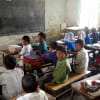

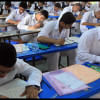

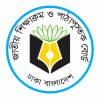

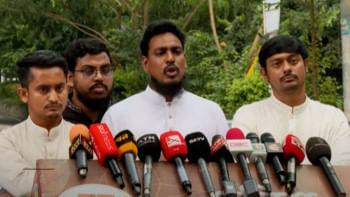
Comments